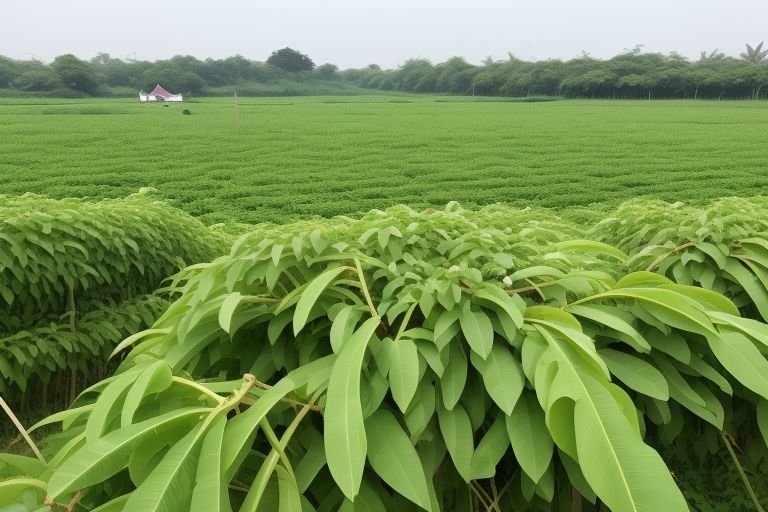In recent agricultural news, China has seen a remarkable surge in green papaya production, marking a significant milestone for the nation’s farming sector. According to the latest reports from the Ministry of Agriculture and Rural Affairs, green papaya production in China has witnessed a notable increase of 15% compared to the previous year. This surge in production not only highlights the resilience of China’s agricultural industry but also signifies potential opportunities for farmers across the country.
Factors Driving the Growth
Several factors have contributed to the notable increase in green papaya production in China. Firstly, advancements in agricultural technology and farming techniques have enabled farmers to enhance their yield and optimize cultivation practices. Additionally, favorable weather conditions and sufficient rainfall in key papaya-growing regions have bolstered the growth of papaya trees, resulting in higher production volumes.
Moreover, increased government support and incentives for agricultural development have played a pivotal role in encouraging farmers to expand their papaya cultivation. Subsidies for the purchase of farming equipment, improved irrigation systems, and access to high-quality seeds have empowered farmers to boost their productivity and meet growing market demands.
Economic Implications
The surge in green papaya production holds promising economic implications for both farmers and the broader agricultural sector in China. With higher production levels, farmers stand to increase their income and improve their livelihoods, contributing to rural prosperity and poverty alleviation efforts.
Furthermore, the abundance of green papaya in the market is expected to stabilize prices and ensure a steady supply for consumers. This is particularly significant given the nutritional benefits and culinary versatility of green papaya, which is widely used in various dishes and cuisines.
Environmental Sustainability
Amid global concerns about environmental sustainability and agricultural practices, the increase in green papaya production in China also underscores the importance of eco-friendly farming methods. Many farmers have adopted organic farming practices and sustainable techniques to minimize the use of pesticides and chemical fertilizers, promoting soil health and biodiversity conservation.
By prioritizing environmental sustainability, farmers not only contribute to the preservation of natural resources but also meet the growing demand for organic and responsibly sourced produce in domestic and international markets.
Conclusion
In conclusion, the remarkable surge in green papaya production by 15% in China reflects the resilience and innovation of the country’s agricultural sector. Through advancements in technology, government support, and sustainable practices, farmers have achieved significant growth in papaya cultivation, with promising economic and environmental outcomes. As green papaya continues to gain popularity both domestically and globally, China stands poised to further strengthen its position as a key player in the agricultural industry.
